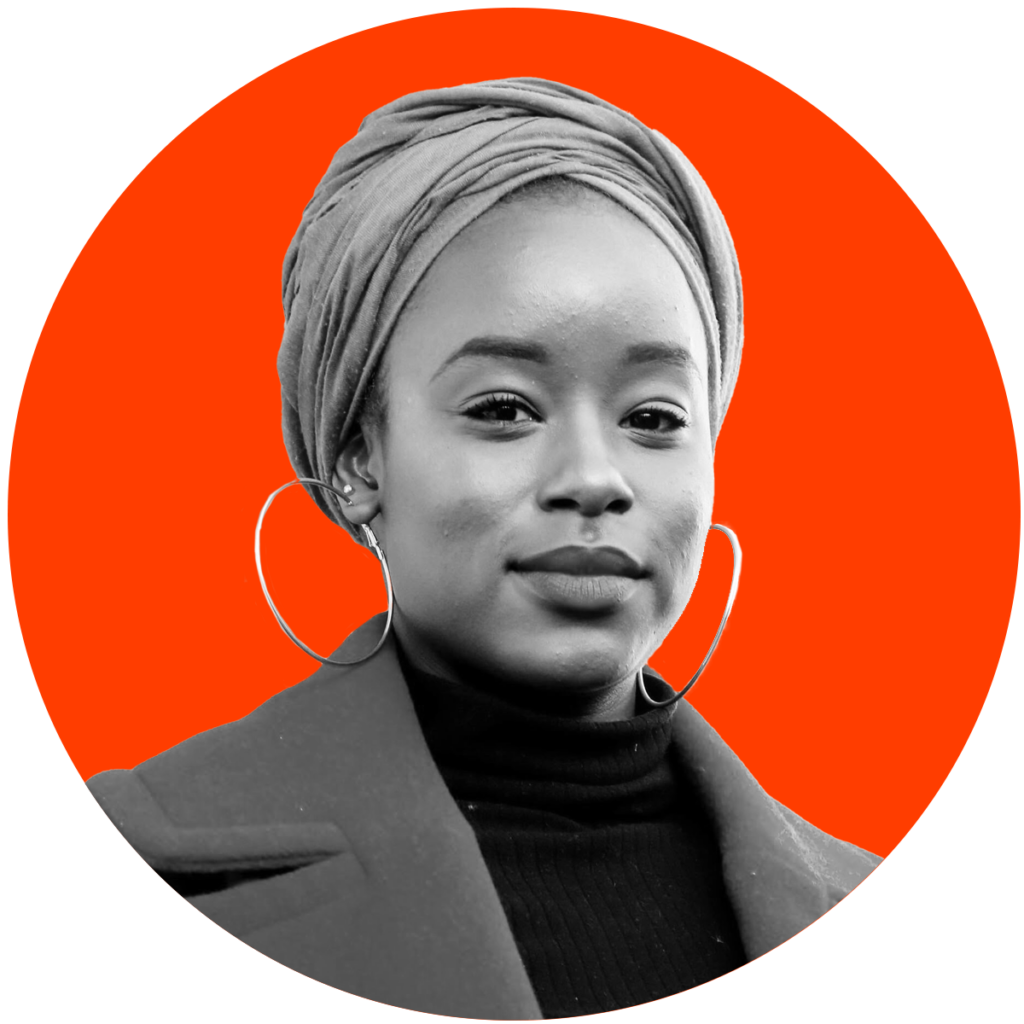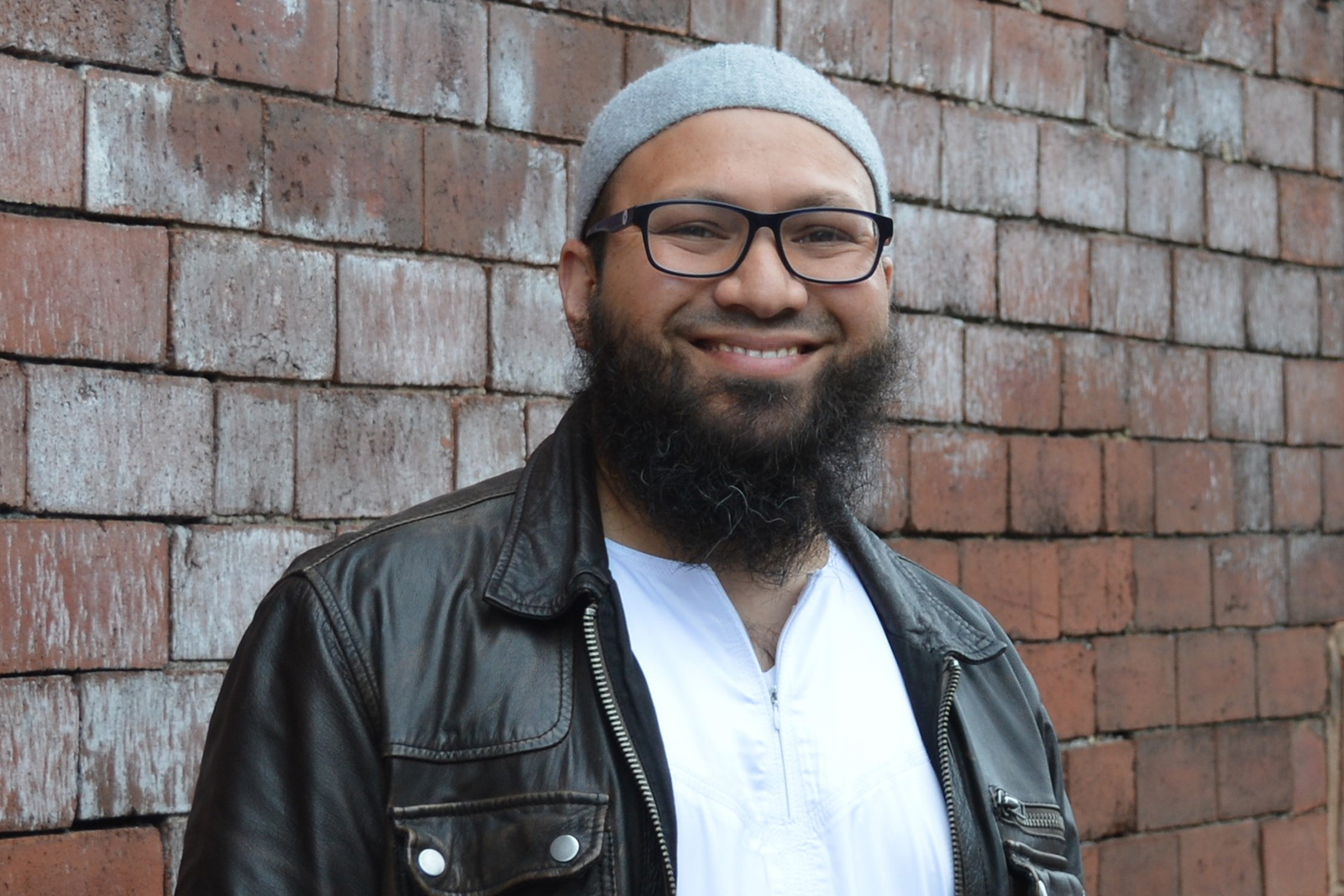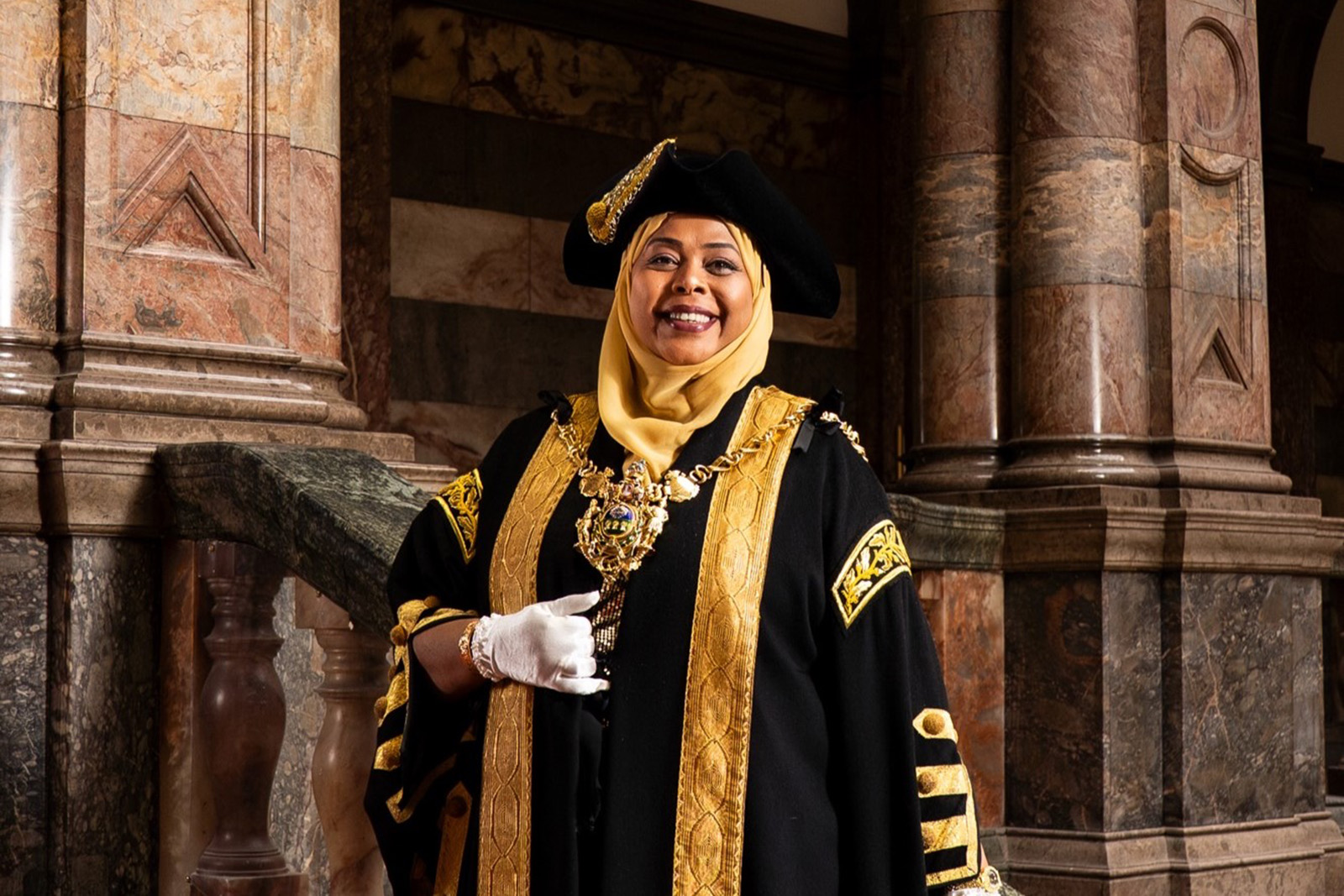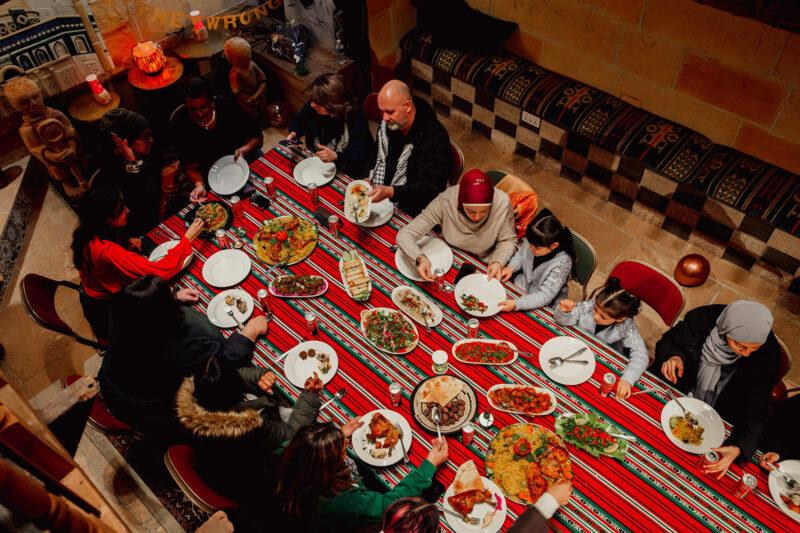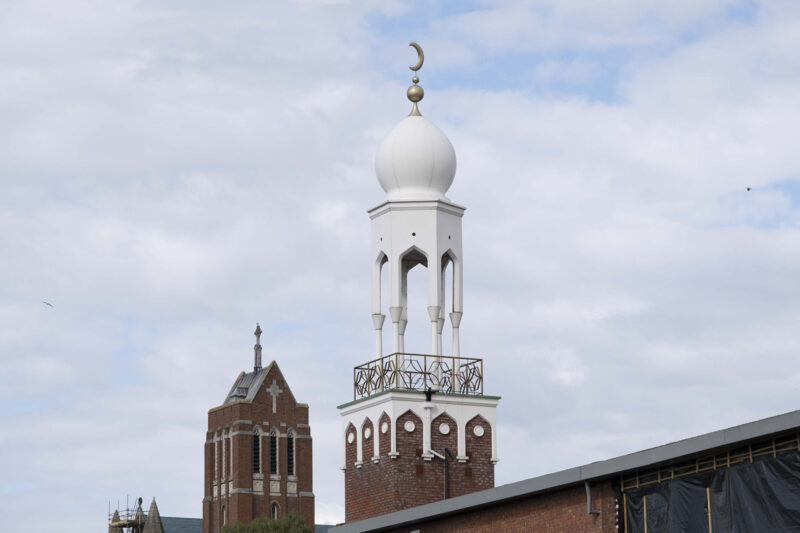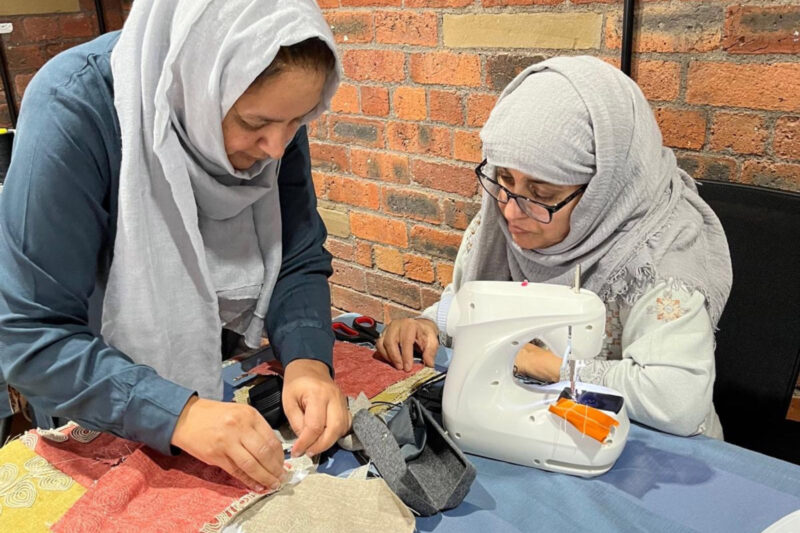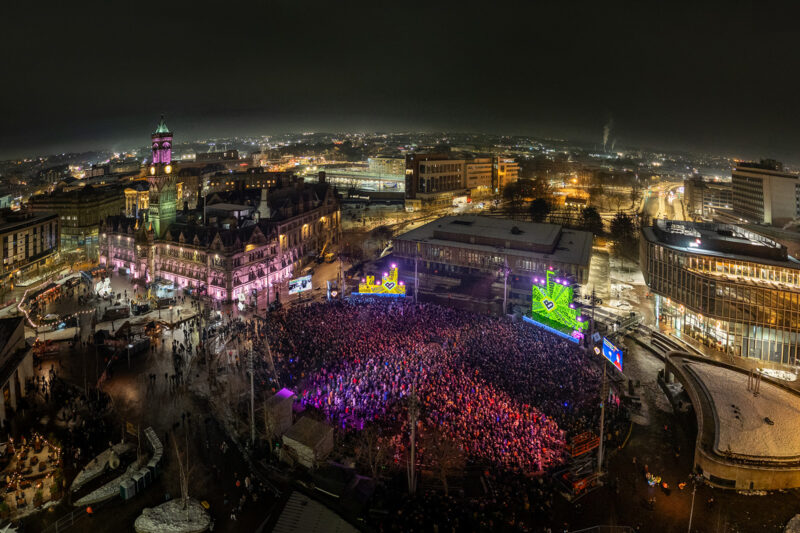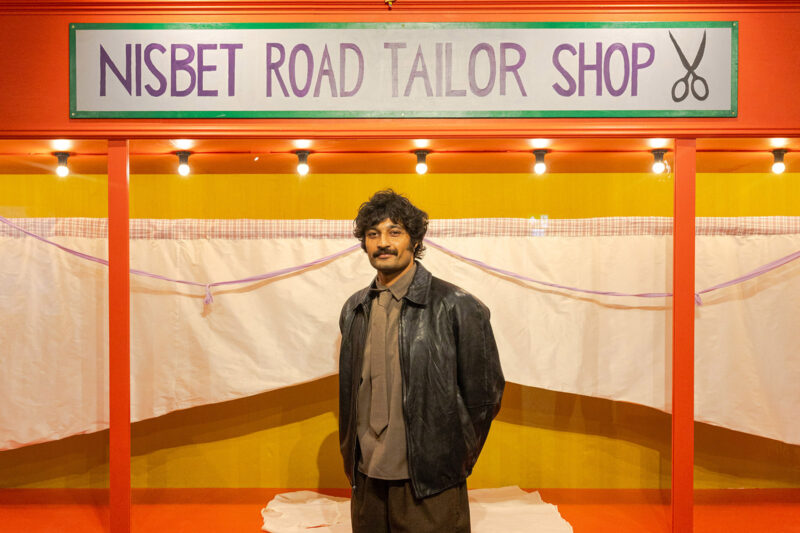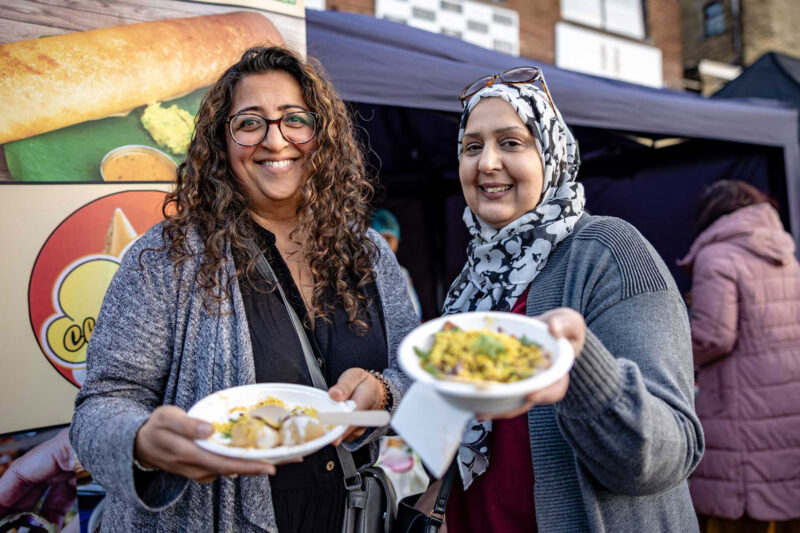A happy Yorkshire Day to everyone
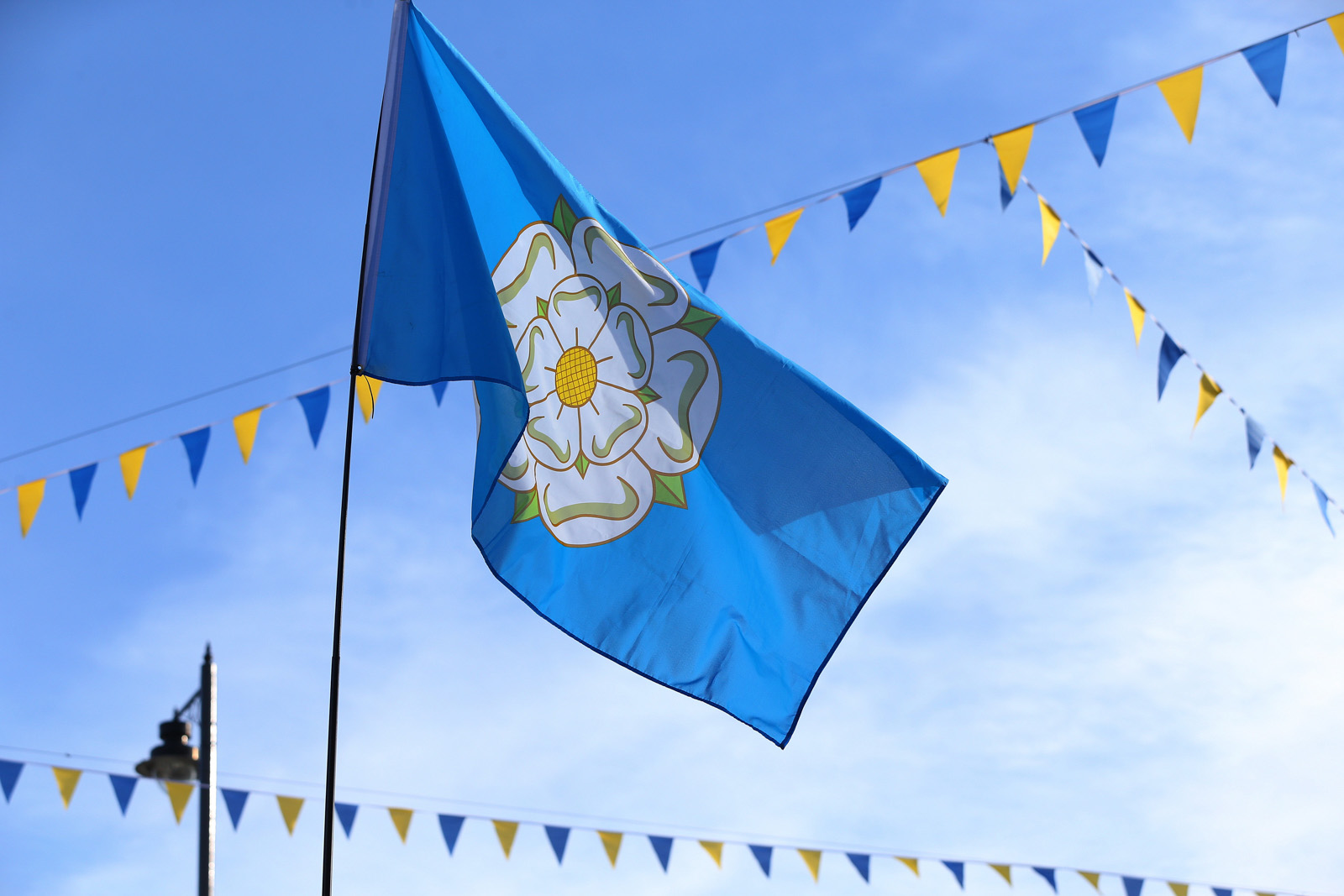
As people across the historic county celebrate their regional pride, we look at the many contributions made by local Muslim communities
For 40 years, 1 August has marked Yorkshire Day, showcasing regional pride in England’s largest historic county. The celebrations have taken place in a different town or city every year and include a range of events from parades to heritage activities.
This year, it’s the turn of Bradford, UK City of Culture for 2025, and the nearby West Yorkshire town of Ilkley, both of which will host traditional events including a thanksgiving service and a procession featuring special guests and dignitaries. Additional activities are scheduled across the region, from live music by local artists to markets selling locally made products and creative workshops. While the programme highlights local communities and talent, much of it reflects a traditional portrayal of Yorkshire — one that does not fully represent the region’s true diversity.
For decades, Yorkshire has been shaped by migration and multiculturalism. The local Muslim community — whose contributions span generations, industries and neighbourhoods — is large and diverse. Muslims make up more than 8% of the population, including people of South Asian, Arab, east African, and Kurdish heritage. From the steelworks of Sheffield to the textile mills of Bradford, Muslim families have played a significant role in shaping the Yorkshire that exists today.
Kiran Hussain, 20, is a pharmacy worker and ambassador for the Leeds Muslim Youth Forum from Harehills, Leeds. In July 2024, Harehills made national headlines when riots broke out after four children from a local Roma family were taken into care by social services and police. Local councillor Mothin Ali was catapulted to national headlines following his efforts to keep people safe and bring calm to the area.
“My area, yeah, it’s got its negatives,” she says. “But it’s mine. It’s got character. You can say whatever you want about it, but Yorkshire can’t get out of my heart.”
“Growing up around people like me, I felt more at ease,” says Hussain. “When I was younger, we didn’t have any problems in Harehills. Everyone got on really well. We all felt like family.”
Harehills is one of the most diverse communities in Leeds, with more than 65% of people from a Black, Asian or minority ethnic background and 40% of the population identifying as Muslim, according to the 2021 census.
In the 1960s, Hussain’s maternal great-grandfather moved from Pakistan to Leeds, the city in which her mother was born. Her father, meanwhile, made the same journey in 2002, when her parents got married.
Like Hussain’s great-grandfather, a significant number of Pakistani immigrants came to the UK in the 1950s and 1960s to fill postwar labour shortages in British industries. Many settled in Yorkshire’s mill towns and cities, working in textile factories.
Now, with their third and fourth generations living in the region, the Pakistani community makes up 38% of West Yorkshire’s ethnic minority population. But in other parts of Yorkshire, newer Muslim communities are also thriving.
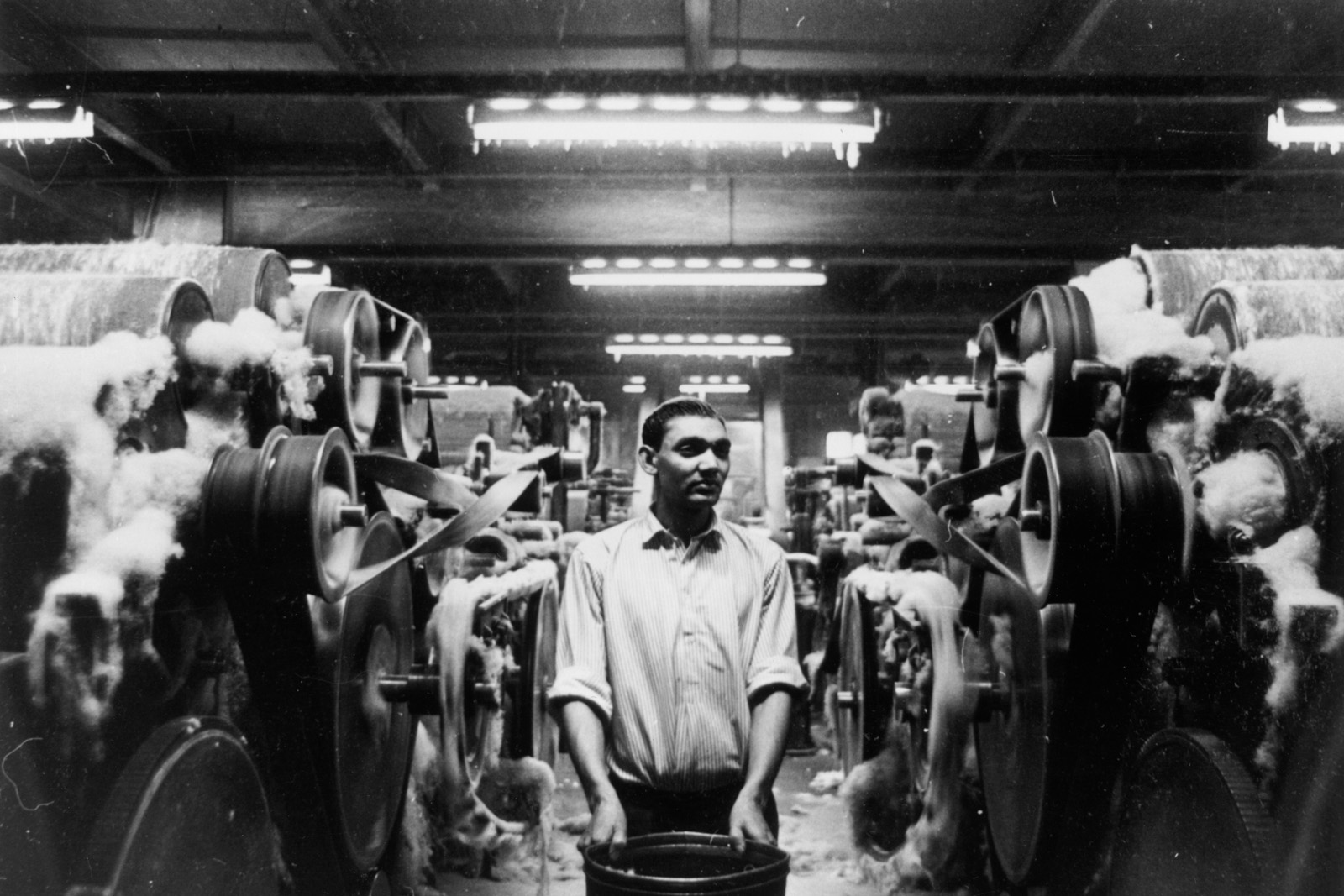
Yasmin Valiallah, 28, a dentist from Doncaster, a South Yorkshire city where Muslims make up just over 2% of the population, grew up in the nearby former mining village of Moorends.
“I’m proud to be from Yorkshire,” she says. “Anytime I’ve left the area, I’ve missed the friendliness of Yorkshire people. When I go to London, you can see the difference — people don’t look up from their phones and no one really interacts with you. Here, if you go to the bus stop, nine times out of 10, someone will speak to you.”
Her parents are both Gujarati. Her father was born and raised in South Africa and came to the UK in the 1980s, while her mother moved from India with her family in 1969, at the age of 11. The family settled in Moorends in 1987, where they lived above a family-owned garage before moving into Doncaster about 10 years ago.
“When my brother joined me at university, he used to say, ‘I’m from God’s own country — I’m from Yorkshire.’ He said it with so much pride,” she says. “I think it rubbed off on me, too.”
The South Asian community in Yorkshire has deep roots, particularly in places such as Bradford, Dewsbury and Rotherham. Elsewhere, though, another Muslim community has thrived for generations.
Ibrahim Ahmed, 32, is a filmmaker from Sheffield. In the 19th century, Yemeni sailors began to settle in port cities including Hull, South Shields and Cardiff. In Sheffield, the community really took shape in the 1950s and 1960s when Yemeni men, including Ahmed’s grandfather, came to take jobs in the local steelworks. Quickly, they built a strong community including mosques, shops and their own local football teams.
“My mum always told me it was a tough life at the beginning — the change of culture and racism,” says Ahmed, who grew up in the city the 1990s. “The British also probably sold my grandfather’s generation this dream of England as a place of royalty and kings and queens, but the reality was different.”
Alongside cultural challenges, the Yemeni community also experienced economic hardship during the decline of the steel industry in the 1980s.
“It was similar to the Windrush issue,” says Ahmed. “After Margaret Thatcher closed the mines and cut steel industry jobs, a lot of Yemenis had to go back. They were never paid the pensions they were owed. Even now, lawyers are trying to get that money for workers who are still in Yemen.”
Ahmed runs his own production company, named Nah Den in a nod to the popular regional greeting. “It’s a Yorkshire phrase that means ‘how’s it going?’” he says. “Yorkshire is part of my heritage and Sheffield is part of my upbringing. I always bring that into my work. ”
While Muslims have created thriving communities across Yorkshire, including schools, mosques, businesses and a wealth of charities, Ahmed says they remain on the edge of many civic traditions.
“I wasn’t even aware of Yorkshire Day. I get the impression that it’s mostly white English people who celebrate it,” he says. “But we have history here, too. We’re part of the region’s story.”
That is clear in the deep sense of belonging that he, Hussain and Valiallah all share.
For Hussain, that local pride is linked to the community she grew up in. “People look down on places like Harehills, but they don’t see what we see. I see neighbours who help each other. I see culture, food, and connection,” she says. “On Eid, the whole street comes alive and our non-Muslim neighbours give us Christmas cards and chocolate eggs at Easter. That’s Yorkshire too.”
 Newsletter
Newsletter

